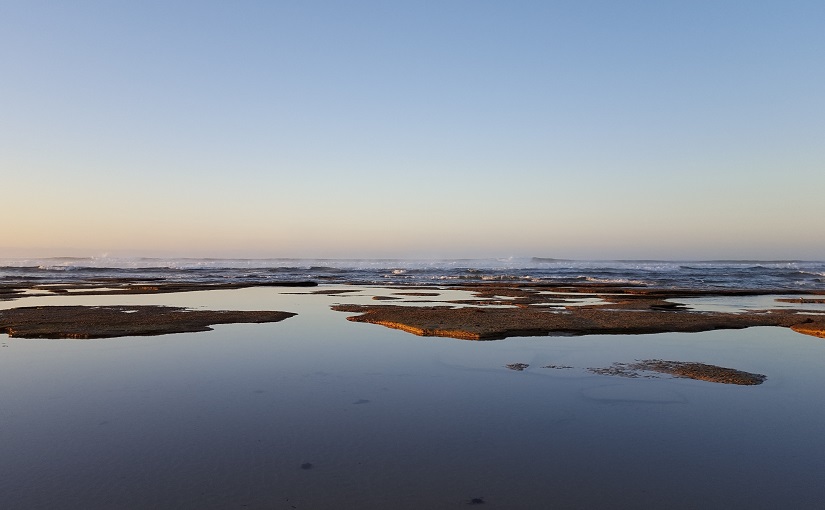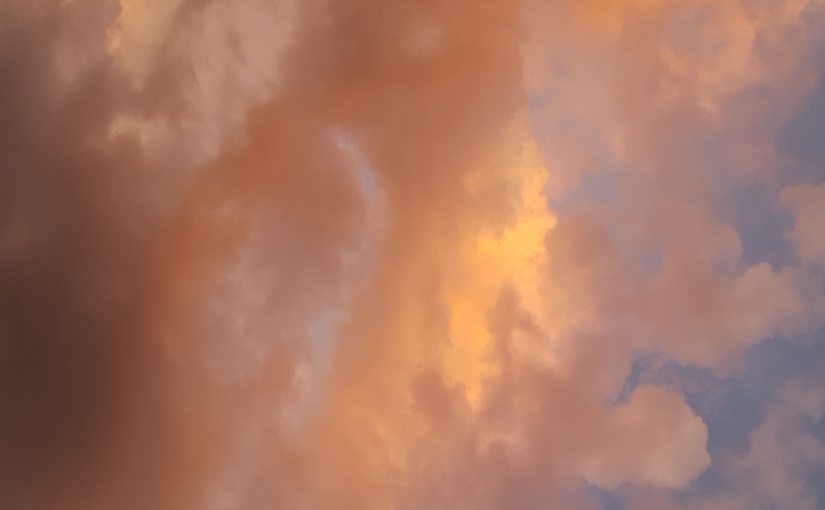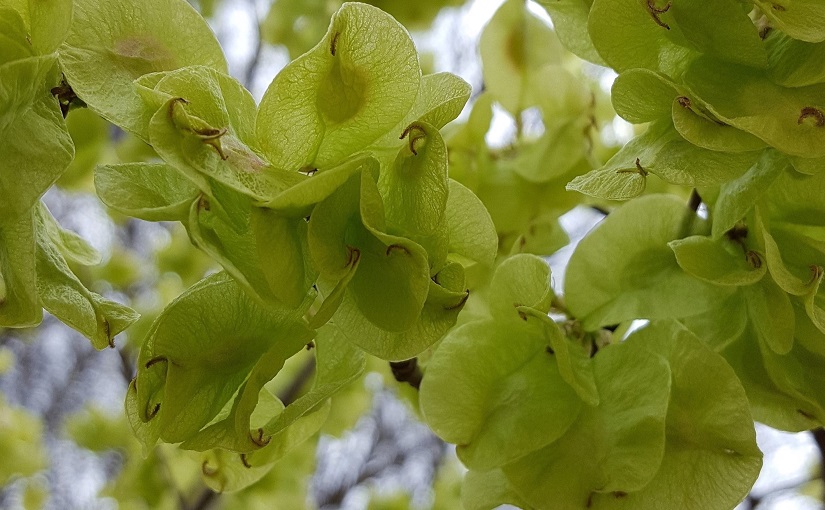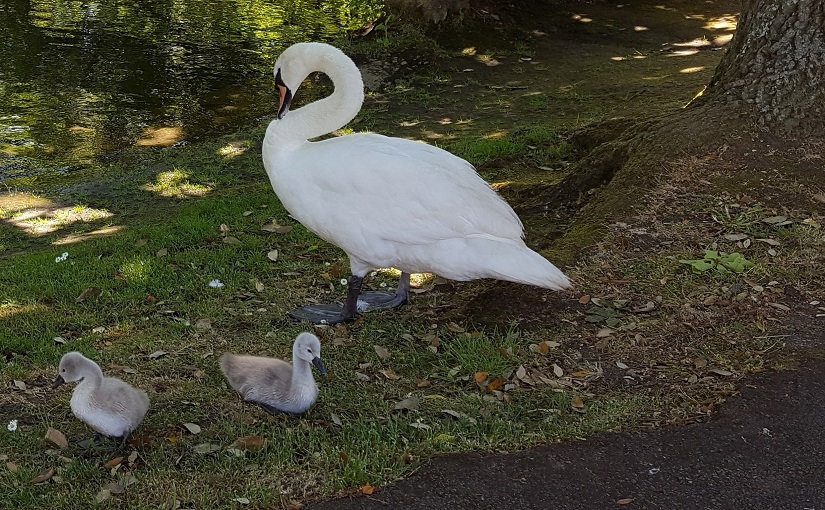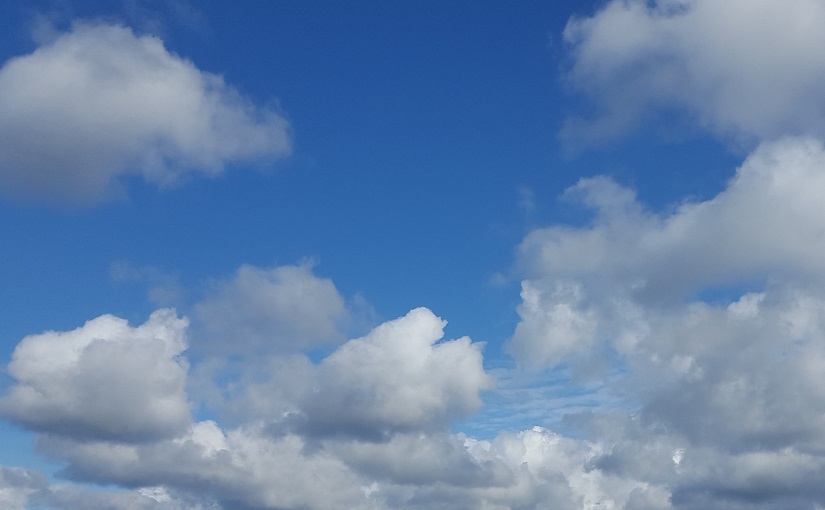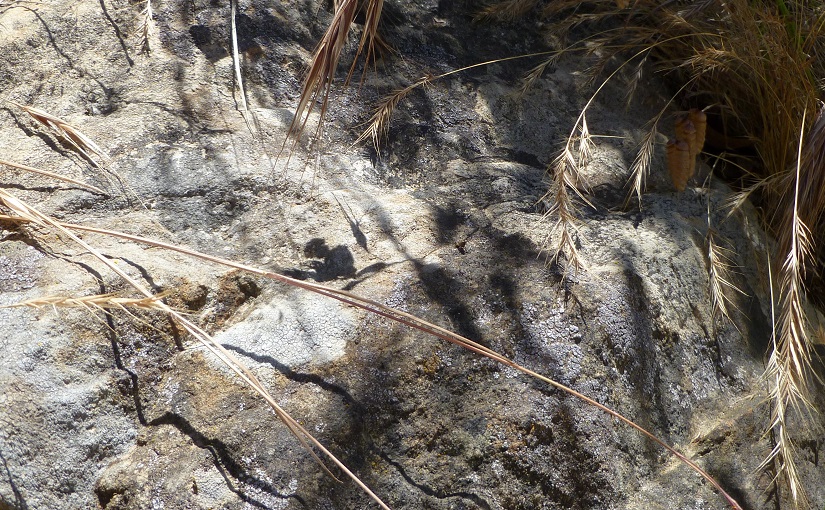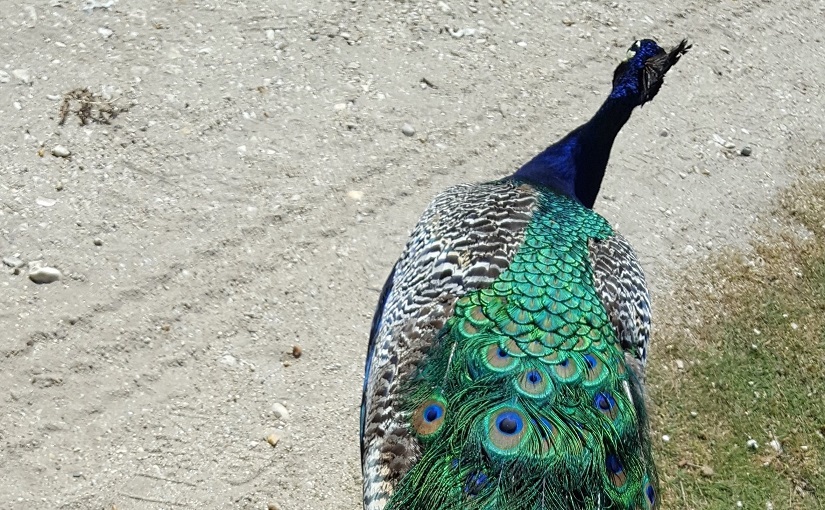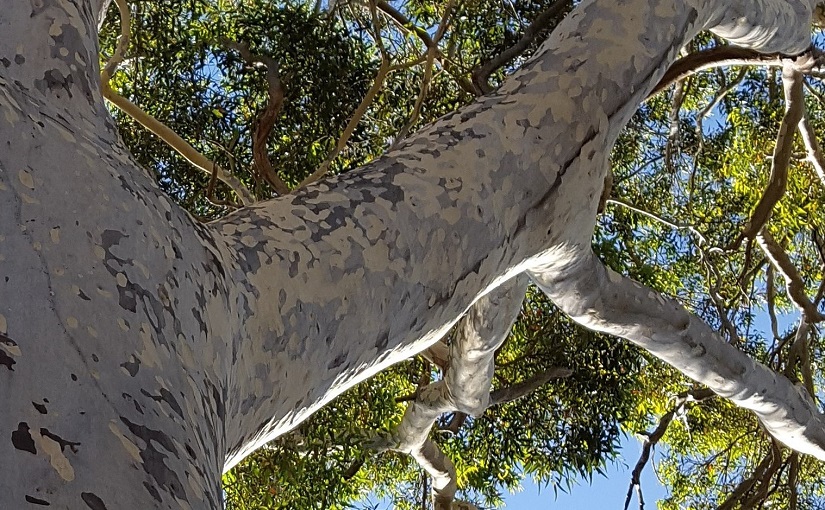In life, do we see “meaning” as something to be given, found or created? What difference does it make? Is there any need for meaning at all? It generally does seem we look for it on some level – asking what things say about us or what matters within the bigger picture. Maybe, because we “can” think, we naturally seek to piece our perceptions together in meaningful ways?
And, in that, are we seeing this meaning as coming from the top down or bottom up? Don’t our actions hold meaning? Looking to the everyday, if we’re treating all people – all life – with respect then doesn’t that come to mean that all life’s worthy of respect? It’s like our actions speak for themselves, declaring what we consider valuable, admirable or otherwise deserving (Notes One).
In a way, we perhaps create meaning by upholding it: bringing values to life because, looking objectively, we feel they should be there. Otherwise, are we just waiting for it to be confirmed? For an external belief system to be proved “right” so we have grounds for confident action. If we’re not deciding for ourselves what’s meaningful, what’s capable of telling us how to think?
Maybe, somewhere, there “is” a sense of meaningful truth – a perceivable values-based reality we could accept as valid. As if values themselves might help us find their true state and right form. Perhaps honesty, kindness, love, patience, compassion, understanding and courage “are” their own kind of truth? A faithful acceptance, adherence and belief in the value of life.
Thinking about it, those qualities all tend to serve others and wider realities; guiding us to extend ourselves truthfully and gently into those spaces beyond the self. Rather than act out of personal interest, such “virtues” are pointing us outward into our relationship with the world. Is that where meaning lies: in the balance between the self and the world?
Until recently, values seemed to come from the top down – from the constriction of tradition or other belief. People being firmly held in place by commonly held notions of right and wrong in every area of life. As a gesture, it’s perhaps as reassuring as it is limiting? Knowing so clearly “what (not) to do” takes a weight off; but it’s tying you into this rigid, prescriptive, overarching structure.
Finding a system that can offer individual freedom plus adequate preparation for the responsibility that entails could well “be” a description of “Western society”. If we’re taking the edges off every area of life to leave it up to each of us to judge, can we be sure where that’ll lead? How well instinctive self-interest can blend into a world that includes everyone is a daunting question (Notes Two).
Effectively, it now seems down to us to create meaning out of our lives. Is it possible to find all these delicate lines between us and others – the past, present and future – to ensure the ideas we’re bringing to life are true reflections of its actual worth?
Notes and References:
Note 1: Do we need meaning?
Note 1: What keeps us in check
Note 1: Thoughts of idealism and intolerance
Note 1: Any such thing as normal?
Note 1: This thing called love
Note 1: Invisible ties
Note 2: Authenticity & writing our own story
Note 2: True relationship within society?
Note 2: Mastering life’s invisible realities
Note 2: “Quest for a Moral Compass”
Note 2: Questions around choice
Offering something of a parallel, The power of convention looked at what carries meaning and how we position ourselves in relation to others.

